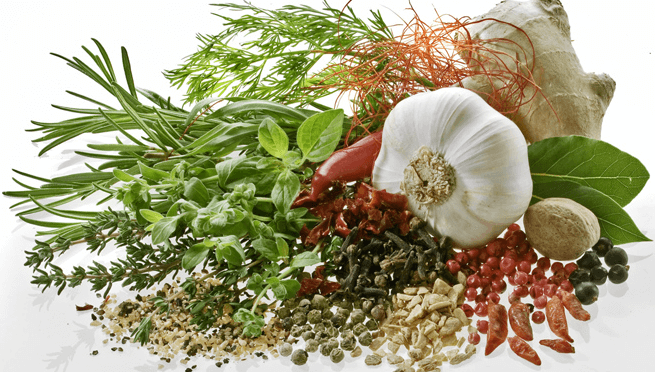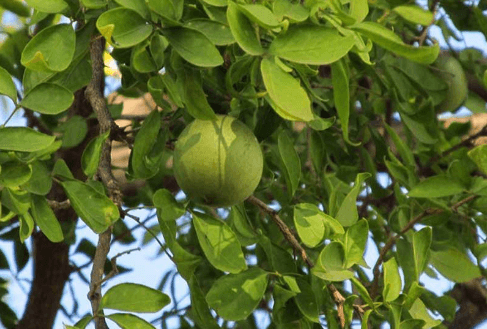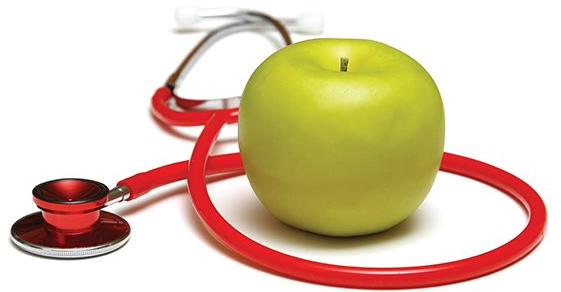Apricot
The apricot is said to have originated in China. It spread from there to other parts of Asia, then to Greece and Italy. As early as 1562 there is mention of the apricot in England in Turner’s Herbal.

It is recorded that the apricot grew in abundance in Virginia in the year 1720. In 1792 Vancouver. The explorer. Found a fine fruit orchard that included apricots at Santa Clara, California. The fruit was probably brought to California by the Mission Fathers in the eighteenth century.
The apricot is a summer fruit, and is grown in the Western United States. California produces 97 percent of the commercial apricot crop. Only about 21 percent of the apricots produced commercially are sold fresh: the remainder are canned, dried, or frozen.
Tree-ripened apricots have the best flavor, but tree-ripened fruit is rarely available in stores, even those close to the orchard. The next best thing to a well-matured apricot is one that is orange-yellow in color, and plump and juicy. Immature apricots never attain the right sweetness or flavor. There are far too many imam-true apricots on the market. They are greenish-yellow, the flesh is firm, and they taste sour. Avoid green and shriveled apricots.
Therapeutic Value
 Apricots may be eaten raw in a soft diet. Ripe apricots are especially good for very young children and for older people. This fruit is quite laxative, and rates high in alkalinity. Apricots also contain cobalt. Which is necessary in the treatment of anemic conditions.
Apricots may be eaten raw in a soft diet. Ripe apricots are especially good for very young children and for older people. This fruit is quite laxative, and rates high in alkalinity. Apricots also contain cobalt. Which is necessary in the treatment of anemic conditions.
Apricots may be pureed for children who are just beginning to eat solid foods. Apricot whip for dessert is wonderful, and apricots and cream may be used in as many ways as possible. They make good afternoon and evening snacks.
Dried apricots have six times as much sugar content as the fresh fruit. Therefore, persons with diabetic conditions must be careful not to eat too much dried apricot. Because of its sugar content, however, it is good when we need an energy boost.
Dried fruits should be put in cold water and brought to a boil the night before, or permitted to soak all night, before eating. Bringing the water to a boil kills any germ life that may be on the fruit. Sweeten only with honey, maple syrup, or natural sugars.
NUTRIENTS IN ONE POUND
Calories 241 Iron 2.1 mg
Protein 4.3 g Vitamin A 11.930 I.U.
Fat 0.4 g Thiamme 0.13 mg
Carbohydrates 55.1 g Riboflavin 0.17 mg
Calcium 68 mg Niacin 3.2 mg
Phosphorus 98 mg Ascorbic acid 42 mg



